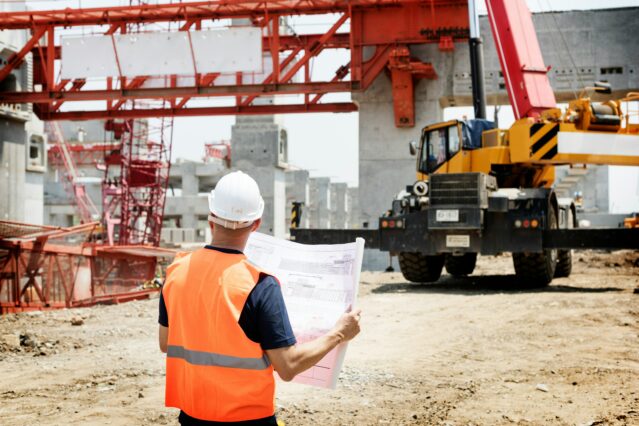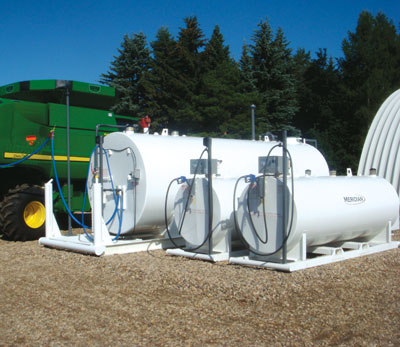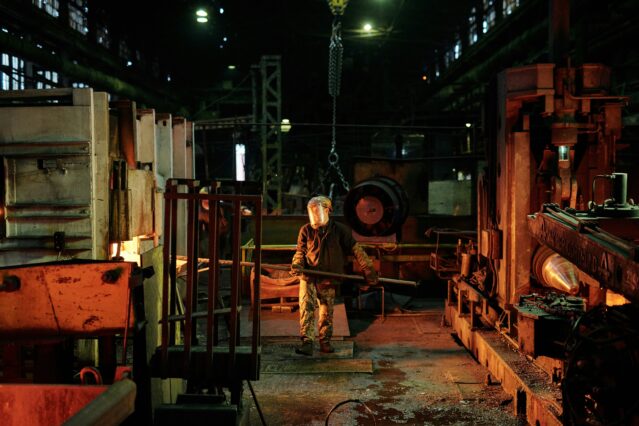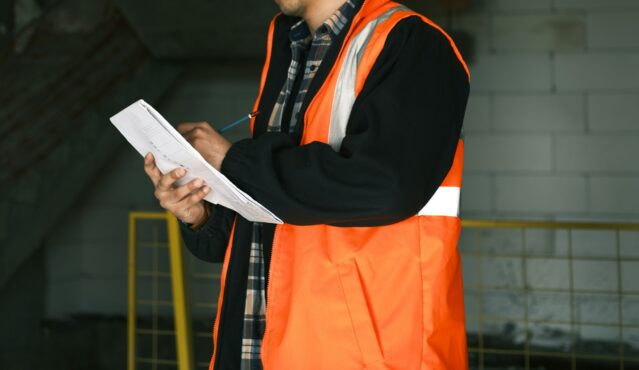
Mar 11, 2024
Safe and Secure Fuel Storage on Farms
The safe storage of fuel on farms is crucial to the smooth running of farm operations. If stored unsafely, fuel can cause pollution and damage through spills, which every farm and its workers want to avoid. Lack of security can lead to fuel theft which causes delays in essential work, as well as serious dents in funds.
By storing fuel safely and securely, you can reduce the risk of things going wrong. Thankfully, there are steps you can take to avoid any of the grim consequences that come with the poor storage of farm fuel.
The importance of safe fuel storage
Why should fuel be stored safely? Anyone in charge of large fuel supplies will know what can happen if fuel isn’t kept secure.
Environmental damage
Any leak or spill of oil can have dire repercussions on the environment, including poisoned land or water. This pollution will have a huge impact on operations due to the chance of poisoning crops, livestock, and the water used throughout the farm.
Fire risks
Leaked fuel is also a fire hazard. Disaster could strike if a machine spark or dropped cigarette hits an oil spill, which may damage land at best and cause loss of life at worst. The proper storage of fuel greatly reduces the chance of spilt materials causing a fire.
Legal consequences
Fuel mishandling can also come with legal ramifications. Fines, penalties, damage liability, permit revocations and even prosecution could be in store for any farm owners whose fuel spills cause damage, especially environmental.
Bunded storage and unit installation
The type of tank you use and how you install it play large roles in the safe and secure storage of fuel on your farm.
Bunded tanks
Before considering location, fuel must be stored in a bunded tank that meets ISO 9000 quality management standards. If not bunded, then it is imperative the fuel tank is enclosed in a secondary containment structure. The bunded tank must have at least a 20-year life expectancy with maintenance. It must have no drain-down pipe, be impenetrable by water and oil, and contain the delivery pipes attached to the internal tank.
Bunded tanks ensure protection against leaks. If the internal tank corrodes or cracks and fuel spills out, the secondary containment unit will hold that leaking fuel to prevent waste and environmental damage. It will also catch any droplets that fall during refuelling machinery or replenishing the tank’s fuel.
Ensure you’ve taken capacity into account when it comes to bunded tanks. The minimum capacity should be 110% of the main tank capacity for a single tank within secondary containment. For multiple tanks, the bund must have whichever is the largest of the following: 110% of the capacity of the largest tank or 25% of the total storage volume of all tanks in the area.
Fuelsource supplies bunded diesel tanks, so get in touch if you’re interested in protecting your farm against potential fuel leaks.
Safe installation
Installation is also key to safe fuel storage while on a busy farm. Secure anchoring is essential against bad weather and the possibility of vehicle impact. Farm life can be hectic, with livestock, vehicles and people coming and going at all hours, so securely anchored fuel storage is crucial for protecting life and machinery.
Fuel storage location
Where your fuel is stored on your farm is very important. All fuel tanks and storage units, including their components, must be at least 10 metres away from inland or coastal waters. This includes yard drains, dry ditches and land drains. If your fuel spills and contaminates the water supply, you could be liable to fines and responsible for paying for the cleanup.
Is your fuel in an underground storage tank? Then you should be following the DEFRA’s Groundwater Protection Code of Practice. This is to prevent pollution from diesel, heating fuel and petrol from underground leaks.
As long as you follow the above regulations and rules, you can have one or multiple storage units anywhere on your farm.
Maintenance and inspection
A regular inspection schedule for all your fuel storage tanks is a must. These inspections should occur at least once a month and should happen more often if your tank is older or it isn’t in the best condition. The inspection should include checking for corrosion, leaks, and general damage to the tank and its components.
Tank integrity testing
Consider periodic tank integrity testing, such as hydrostatic testing, to test for strength and leaks. Hydrostatic testing involves filling a tank with liquid, sometimes coloured, to help with detecting leaks and the tank’s pressurisation. You can test the pressure tightness of the tank by closing the supply valve and observing if there is any loss of pressure.
Corrosion prevention
Corrosion is one of the main causes of tank damage that leads to leaks. To prevent corrosion, use protective coatings for the tank. If you are buying a tank or looking to replace an existing one, opt for a material that is less susceptible to corrosion such as fibreglass or stainless steel. Keep the tanks dry in a covered space, and regularly test fuel quality, as contaminants like water and microbial growth can lead to accelerated corrosion within the tank.
Strong training
Training and record-keeping are excellent ways of ensuring tanks are well-maintained. Make sure anyone coming into contact with fuel or the tanks knows what they’re doing and feels comfortable doing it safely. This includes making sure they know the correct way to handle fuel. Keep everything written down so nothing is missed or overlooked that could lead to issues in future.
Fuel management
A surefire way to keep on top of your tank’s condition in between inspections is to have a fuel management system. These telemetry systems monitor the levels of fuel in your tanks, so if a leak occurred, this system would immediately flag an issue, allowing you to jump into action before too much fuel was wasted. These systems also monitor if tanks are overfilled and at risk of spillage.
Fuelsource offers a state-of-the-art telemetry service which lets us monitor your fuel levels in real-time. We can then let you know of any sudden unexplainable level drops that may indicate a fuel leak or even theft.
Safe fuel delivery and maintenance by Fuelsource
It is paramount to ensure safe and secure fuel storage on farms, not only to safeguard against hazards but to continue daily operations. The consequences of fuel leaks go beyond wastage and delayed work – environmental damage, fire hazards, and legal liabilities all have to be considered. Recognising these risks and taking action to prevent them will save you stress and money, as well as the chance of legal persecution.
At Fuelsource, we understand the importance of your business running as it should, without any of the above serious consequences of poor fuel storage. When your fuel is delivered to you, experts will be handling the transferal of the fuel. Not only that, but we offer multiple services to ensure the longevity of your tanks, such as our tank cleaning and repairs services, and our fuel polishing service.
Get in touch today by calling 0207 846 0255 or emailing us on info@fuelsource.co.uk, and we’ll talk you through fuel delivery and our services. Looking for a quote? Use our simple online form and we’ll get back to you with unbeatable prices and our expert customer service.



